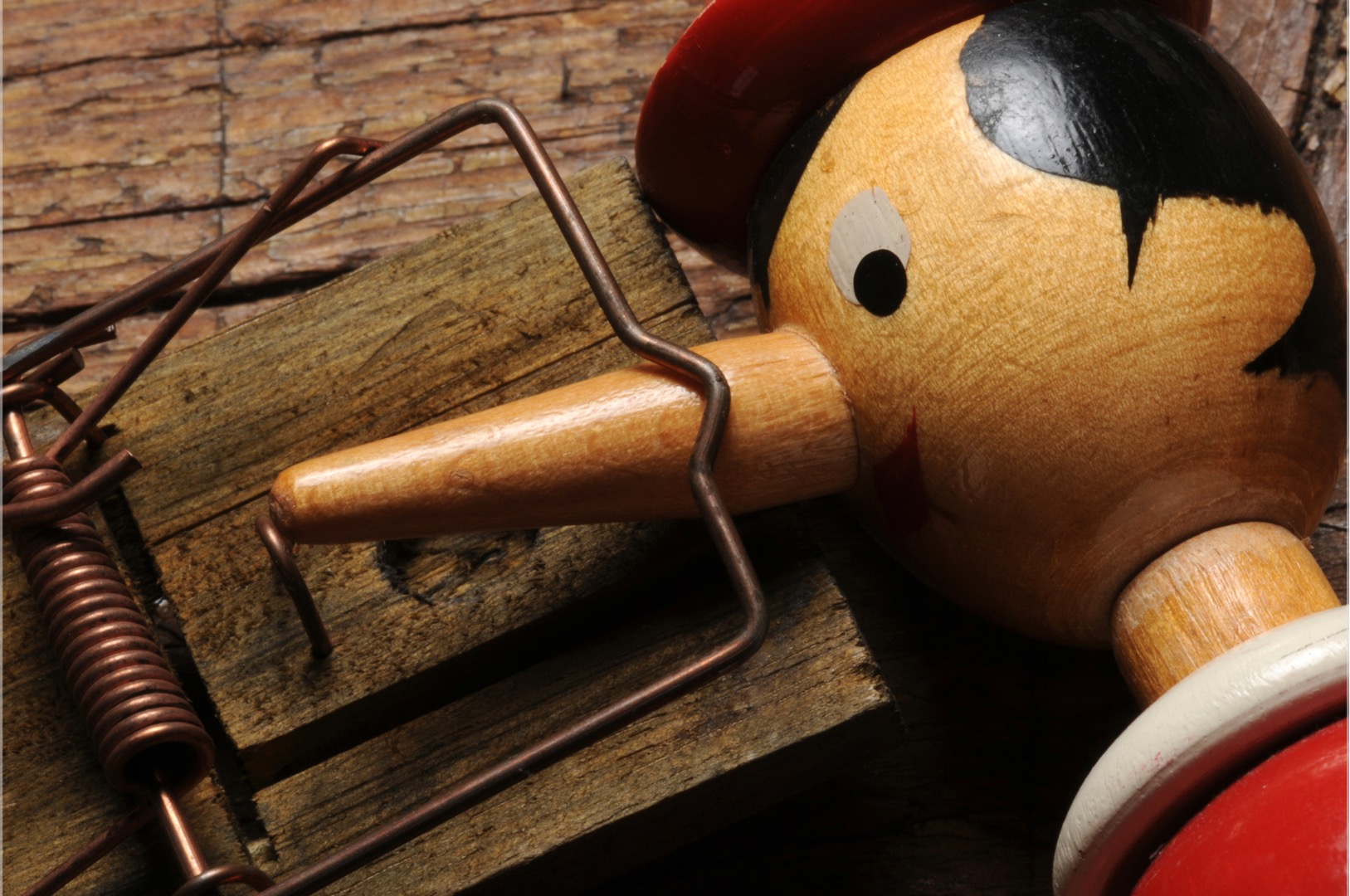
Gene Luoma is a prolific inventor with roughly a dozen patents. He grew up on a farm in rural Minnesota, where money was tight. If he wanted something, he often had to make it.
In his teens, Gene’s muscles started to weaken. He had muscular dystrophy, and it would worsen as he grew older. But Gene didn’t let his condition stop him. He found ways to adapt. Gene went to college and became an engineer. He developed inventions that helped the companies he worked for. He married, and he and his wife had three children.
His daughter’s long hair inspired him to invent a better solution for clearing drains. Called Zip-It, it was a plastic rod with barbs that easily pulled out any hair clog.
Gene patented this invention and licensed it to Cobra Products Co., a subsidiary of MAASCO. Within a few years, more than 12,000,000 units had been sold. The continued success of this invention was needed because two of Gene’s children had developed Muscular Dystrophy, too, and needed special care and equipment.
The Killing of the American Dream
In the world that existed prior to Big Tech’s passage of The America Invents Act of 2011 (AIA), Gene and his family would have been well-supported financially by the ongoing royalties from this valuable, patented, and licensed invention. This was an example of the American Dream in action. But that isn’t what happened.
A top salesman of the licensee left and was employed by a competitor. The competitor suddenly came out with a copy of Gene’s invention. Gene sued the infringer to stop the infringement. The infringer claimed that the patent was not valid and petitioned to get the patent reviewed at the Patent Trial and Appeal Board (PTAB). This is the case virtually 100% of the time now.
For any reader who isn’t up to speed on the PTAB, this is an administrative court created by the AIA. Patent infringement battles used to occur in real Article III courts with lifetime appointed judges, juries, and adequate due process. Now, most infringement battles move to the PTAB, where there are three government employees- administrative patent “judges”- there is no jury, and very limited due process. 84% of the time that a patent gets reviewed in the PTAB, it gets fully or partially invalidated. Partially usually means the claims that matter within the patent, get invalidated.
Unconstitutionally Appointed PTAB Judges
Not surprisingly, the PTAB found Gene’s patent invalid. But a glimmer of hope appeared. In a separate case, an appeals court ruled that PTAB judges were all unconstitutionally appointed. Gene and 12 other inventors tried to get their PTAB cases thrown out so they could be heard in real courts. However, the USPTO Director successfully petitioned the Supreme Court to uphold the past decisions of the questionable “judges,” and Gene’s patent remained invalidated.
In this case, or any case, if the PTAB were to find some significant prior art that everybody somehow missed or some prior art that showed the invention, we wouldn’t be arguing. But Gene’s case is like so many, where no significant new prior art is found. In Gene’s case, the prior art cited to invalidate his patent was referenced in his patent and evaluated by his expert Patent Examiner. The PTAB “judges,” without communicating with the expert Patent Examiner, decided that Gene’s invention was “obvious.”
For many years, America led the world in innovation. This was created by the incentive to invent something valuable that one would then own through effective patent rights. This enabled startups to compete with corporate giants. It also enabled America to stay ahead of her adversaries like China. Now, as a result of letting Big Tech destroy effective patent rights, a handful of corporations are becoming unstoppable monopolies, and China is leading globally in 37 of 44 technologies.
For the future of this once great nation, we must restore effective patent rights.
Randy Landreneau, President of US Inventor, has three patents and previously worked in CAD design and prototyping. As President of the Tampa Bay Inventors Council, he fought against multinational corporations undermining patent rights in America. When a particularly bad patent bill passed the US House in a landslide, Randy joined Paul Morinville in Washington, DC to stop it. US Inventor was formed during this successful fight. What began as two individuals unwilling to accept what multinational corporations were doing to American inventors and startups has become a grass-roots movement with tens of thousands of members nationwide and a full-time presence in Washington, DC. US Inventor is leading the fight to restore the rights of inventors and startups in America.






